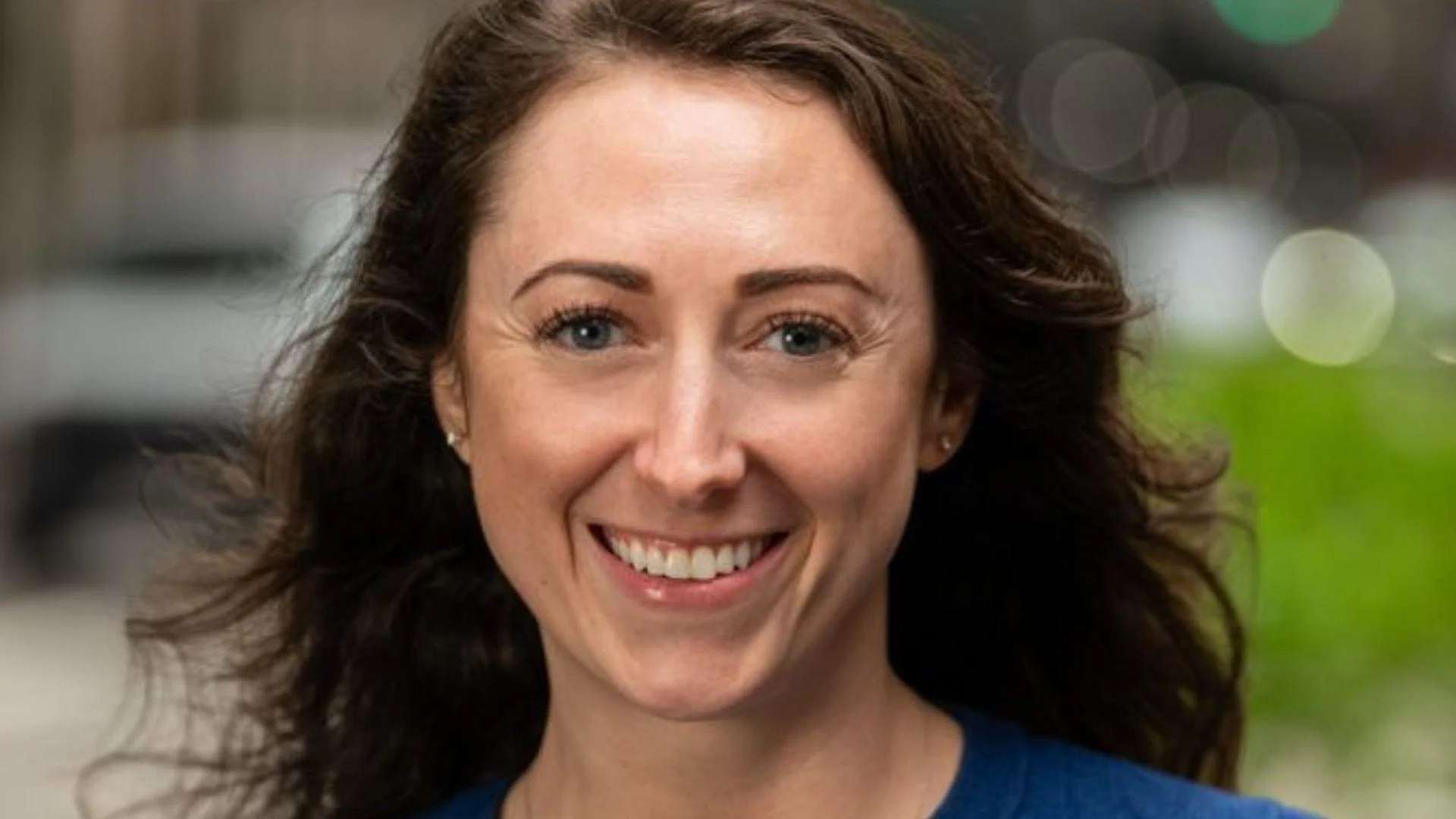Carolyn D. Gorman | city-journal.org/person/carolyn-d-gorman
Carolyn D. Gorman | city-journal.org/person/carolyn-d-gorman
Carolyn Gorman, a policy analyst at the Manhattan Institute, has raised concerns about Illinois' new universal school mental-health screening law. She describes it as "unethical," citing research that indicates over "50 percent false positives" on assessments and potential harm to students.
"Experts caution against universal mental-health assessments even when they are administered by licensed physicians in primary-care settings," said Carolyn D. Gorman. "One reason is that such screenings—whether for depression, behavioral or emotional risk, or suicide—lack any empirical support to show that they prevent mental-health challenges from developing or help those in need of services to get them sooner. Another is that universal assessments can yield more than 50 percent false positives, resulting in inappropriate diagnoses and unnecessary treatments. That's why experts believe that screening is “unethical” unless schools have the resources to ensure accurate diagnosis, treatment, and follow-up. Illinois schools are not clinical settings, so they cannot deliver on any of these prerequisites."
Illinois Governor JB Pritzker signed Senate Bill 1560 (SB1560) on July 31, which aims to provide free mental health screening tools to public schools and expand parent resources through the BEACON portal. The signing event was hosted by Evanston School District 65, an early adopter of social-emotional learning screeners. The new law mandates annual screenings for students in grades 3–12 starting in 2027 and instructs the Illinois State Board of Education to provide schools with model policies, guidance, and no-cost screening technology by September 2026. "Thanks to the bill sponsors and partners joining me today, annual mental health screenings will be available for all Illinois students in grades three through twelve by the 2027 school year," Pritzker said.
According to Gorman's article in City Journal, decades of research indicate that universal mental-health assessments—even when conducted by trained physicians—do not prevent mental-health issues or improve access to care. Experts caution that these assessments often lack a solid evidence base and their accuracy in non-clinical settings like schools is questionable. There is a high rate of false positives—over 50 percent—associated with these screenings, which can lead to misdiagnoses, unnecessary treatments, and negative consequences for students.
Research from the Tinbergen Institute supports this view, showing that many common youth mental-health interventions, including psychotherapy and antidepressants, have limited long-term benefits. It also suggests that symptoms such as depression and anxiety often resolve without formal treatment.
"For some young people, medical diagnoses, including mental-health diagnoses, can shape their identity and expectations, lead to long-term medication use, affect job prospects, and diminish their sense of control over their future," Gorman said. "These are not theoretical risks; they are documented realities."
Gorman is a Paulson Policy Analyst at the Manhattan Institute specializing in how U.S. policy changes affect individuals with mental illness. Her previous roles include data science, policy research, and advocacy for those with mental illness. Her work has been published in major outlets such as the Wall Street Journal and National Review as well as academic journals. She holds degrees from Binghamton University and New York University's Wagner School of Public Service.






 Alerts Sign-up
Alerts Sign-up